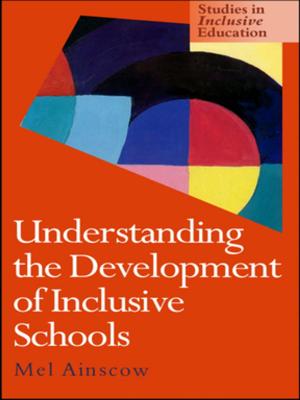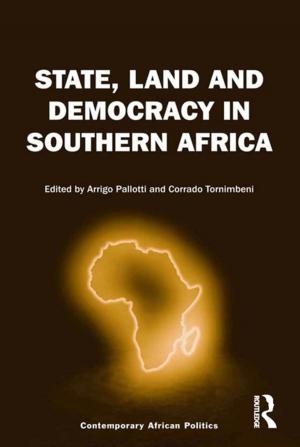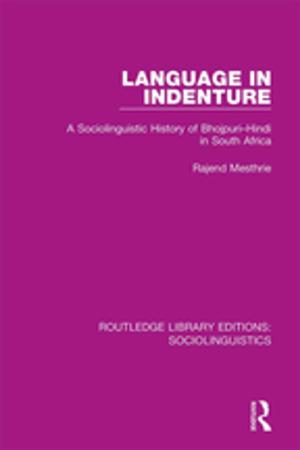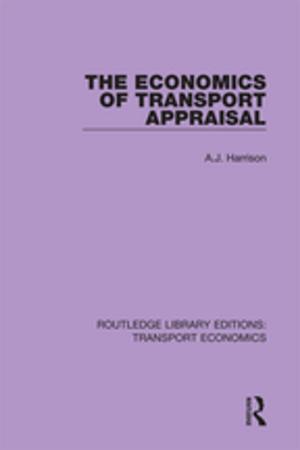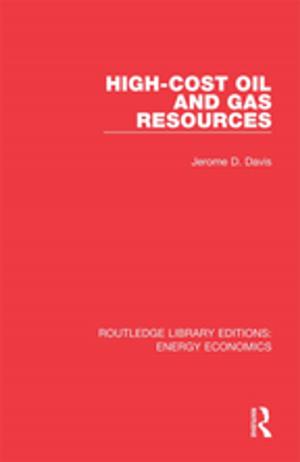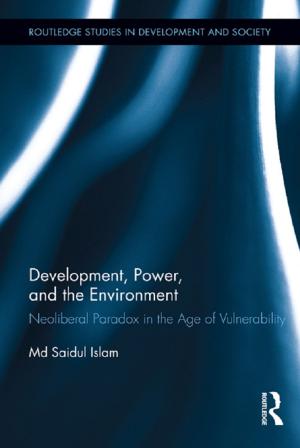Policy Legitimacy, Science and Political Authority
Knowledge and action in liberal democracies
Business & Finance, Economics, Sustainable Development, Nonfiction, Science & Nature, Science, Biological Sciences, Environmental Science, Social & Cultural Studies, Political Science, Government, Public Policy| Author: | ISBN: | 9781317420019 | |
| Publisher: | Taylor and Francis | Publication: | October 5, 2015 |
| Imprint: | Routledge | Language: | English |
| Author: | |
| ISBN: | 9781317420019 |
| Publisher: | Taylor and Francis |
| Publication: | October 5, 2015 |
| Imprint: | Routledge |
| Language: | English |
Voters expect their elected representatives to pursue good policy and presume this will be securely founded on the best available knowledge. Yet when representatives emphasize their reliance on expert knowledge, they seem to defer to people whose authority derives, not politically from the sovereign people, but from the presumed objective status of their disciplinary bases.
This book examines the tensions between political authority and expert authority in the formation of public policy in liberal democracies. It aims to illustrate and better understand the nature of these tensions rather than to argue specific ways of resolving them. The various chapters explore the complexity of interaction between the two forms of authority in different policy domains in order to identify both common elements and differences. The policy domains covered include: climate geoengineering discourses; environmental health; biotechnology; nuclear power; whaling; economic management; and the use of force.
This volume will appeal to researchers and to convenors of post-graduate courses in the fields of policy studies, foreign policy decision-making, political science, environmental studies, democratic system studies, and science policy studies.
Voters expect their elected representatives to pursue good policy and presume this will be securely founded on the best available knowledge. Yet when representatives emphasize their reliance on expert knowledge, they seem to defer to people whose authority derives, not politically from the sovereign people, but from the presumed objective status of their disciplinary bases.
This book examines the tensions between political authority and expert authority in the formation of public policy in liberal democracies. It aims to illustrate and better understand the nature of these tensions rather than to argue specific ways of resolving them. The various chapters explore the complexity of interaction between the two forms of authority in different policy domains in order to identify both common elements and differences. The policy domains covered include: climate geoengineering discourses; environmental health; biotechnology; nuclear power; whaling; economic management; and the use of force.
This volume will appeal to researchers and to convenors of post-graduate courses in the fields of policy studies, foreign policy decision-making, political science, environmental studies, democratic system studies, and science policy studies.





